Posts from February 2016
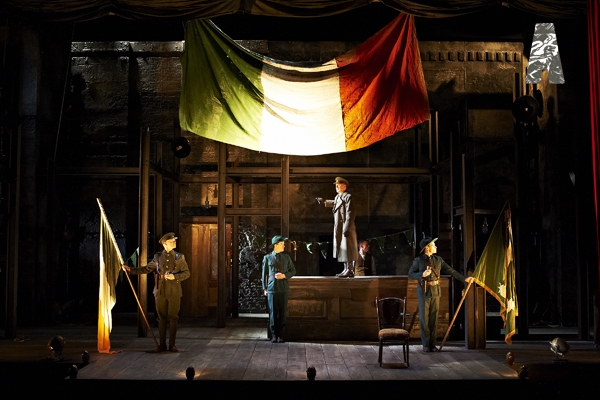
Wednesday 17 February, 5pm
Room 105, University of Westminster, 32-38 Wells Street, London W1T 3UW
‘Sean O’Casey and the Easter Rising’
Professor James Moran (Nottingham), with a response by Matthew Morrison
Spring 2016 marks the 100th anniversary of the Easter Rising in Dublin. The event will be commemorated at the National Theatre of Ireland with a production of Sean O’Casey play The Plough and the Stars and, from July, a separate production at the Royal National Theatre in London. What is the relationship of O’Casey’s play to the events of 1916? The talk explores how the insurrections was itself crafted by dramatists, with rebel leaders Thomas MacDonagh, Patrick Pearse and James Connolly all rehearsing aspects of the rising in the playhouse before they took on the British army in the streets of Dublin. It will show how O’Casey’s The Plough and the Stars subsequently sought to contradict the political and dramaturgical choices of those Easter rebels, but reveal that O’Casey’s writings also contain a number of endorsements of the insurgent point of view.
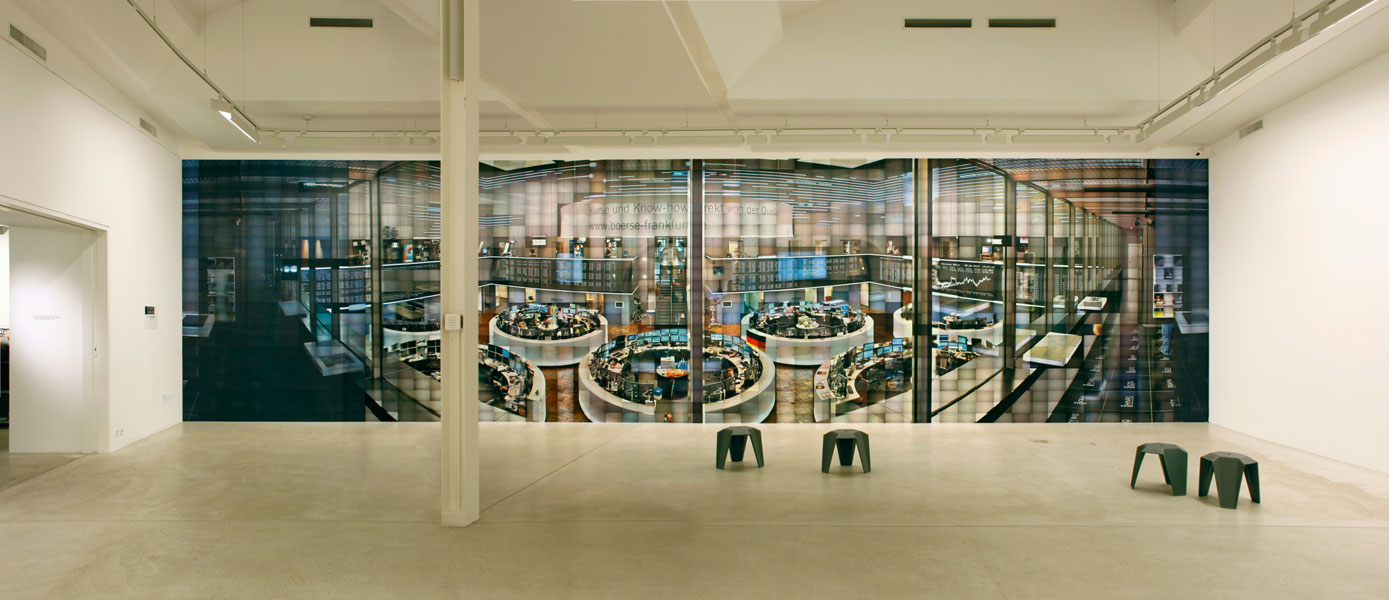
Friday 19th February 2016, 6.00 pm
Fyvie Hall, University of Westminster, 309 Regent Street, London W1T
“Exhibiting the Medium Formerly Known as Photography”
Duncan Forbes and Peter Cornwell
The last decade has witnessed dramatic changes in the exhibition of photography in response to the rise of so-called post-photography and the distributed or transitive nature of photographic media. The idea of photography as one medium is increasingly impossible to sustain, as images flood across different platforms, obliterating the distinction between still and moving media and offering new modes of reception and creative interaction. Nowadays the photograph is as much data as it is aesthetic or narrative, forging a paradigm of algorithmic vision. What does it mean for photography and its audiences when the traffic in photographs is transformed by global networks and the processing of big data?
Taking Fotomuseum Winterthur as a case study, this special lecture explores what these changes mean for curatorial practice and the institution of the photography museum.
Entry free of charge, please book here: http://www.eventbrite.com/e/exhibiting-the-medium-formerly-known-as-photography-tickets-21384410347 if you are not registered at the University of Westminster.
Duncan Forbes is Director and Curator of Fotomuseum Winterthur. He was previously Senior Curator of Photography at the National Galleries of Scotland. Recent collaborative curatorial and publishing projects include Provoke: Between Protest and Performance – Japanese Photography 1960-1975 (Steidl, 2016), Beastly/Tierisch (Spector Books, 2015), Manifeste! Eine andere Geschichte der Fotografie (Steidl, 2014) and Edith Tudor-Hart: In the Shadow of Tyranny (Hatje Cantz, 2013).
Peter Cornwell is Director of the Data Futures project in the Institute for Modern and Contemporary Culture at Westminster. He has previously been Director of European Research for Texas Instruments Inc., Professor of Public Art at Central Saint Martins and Director of the Institute of Visual Media, ZKM.
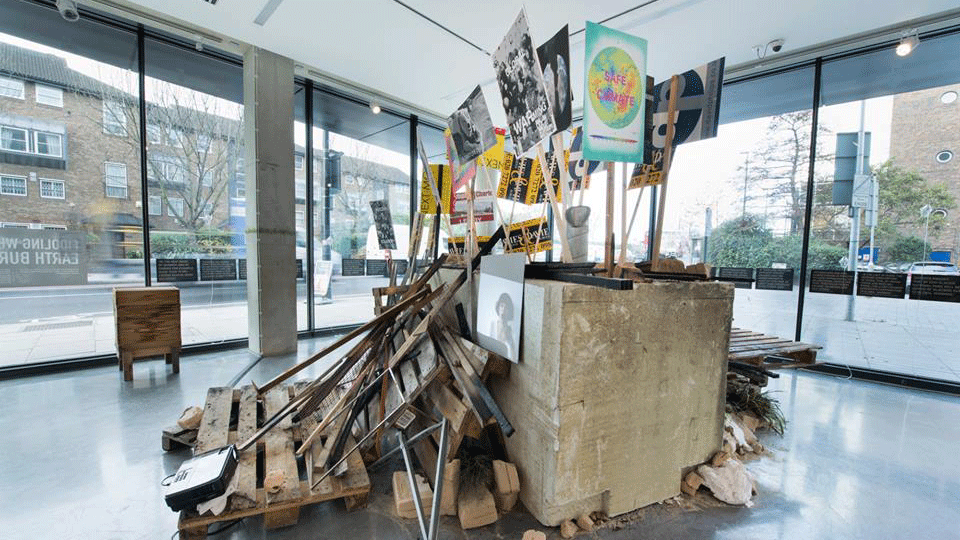
Tuesday 16th February 2016, 6.30-8.00 pm
Gorvy Lecture Theatre, Royal College of Art, 1 Hester Road, RCA Dyson Building, London SW11
RCA Visual Cultures Lecture Series 2015/16: Space, Data & Abstraction
The IMCC’s David Cunningham will be speaking alongside Adrian Lahoud, Dean of the School of Architecture, as part of the RCA’s current Visual Cultures Lecture Series, presenting recent research and discussing Space, Data & Abstraction. The conversation will be chaired by Jaspar Joseph-Lester, Research Tutor and Reader in Fine Art (Art, Urbanism and the Moving Image) at the RCA School of Fine Art.
Further details on the lecture series, which also includes contributions from Catherine David, Richard Sennett, Jonas Staal and Marina Warner, are available here.
The lecture is free and open to all – it will be live broadcast by this is tomorrow
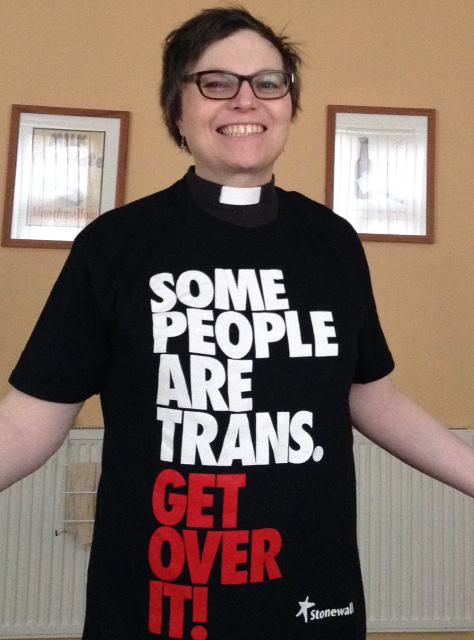
Monday 8th February 2016
University of Westminster, 309 Regent Street, London W1T
Queer London Research Forum: Second Annual Queer Literature Event
As part of LGBT History Month, the Queer London Research Forum at the University of Westminster is pleased to be hosting its second annual Queer Literature event. This year our speakers will be Rachel Mann and Roz Kaveney, who will both read from their work and take questions from the audience. The event will be followed by a wine reception.
Rachel Mann is an Anglican priest, poet and queer theologian based in South Manchester. She is transgender and the author of three books, including an autobiography, Dazzling Darkness. Her poetry covers themes of gender, sexuality and faith. Rachel is currently Resident Poet at Manchester Cathedral.
Roz Kaveney is a poet, novelist, activist and cultural commentator. Her books include Reading the Vampire Slayer, the Lambda short-listed poetry collection Dialectic of the Flesh, and the novel Tiny Pieces of Skull, which the TLS called ‘a seminal fiction work on transgender identity and transphobia’.
The event is free and can be booked online through Eventbrite.
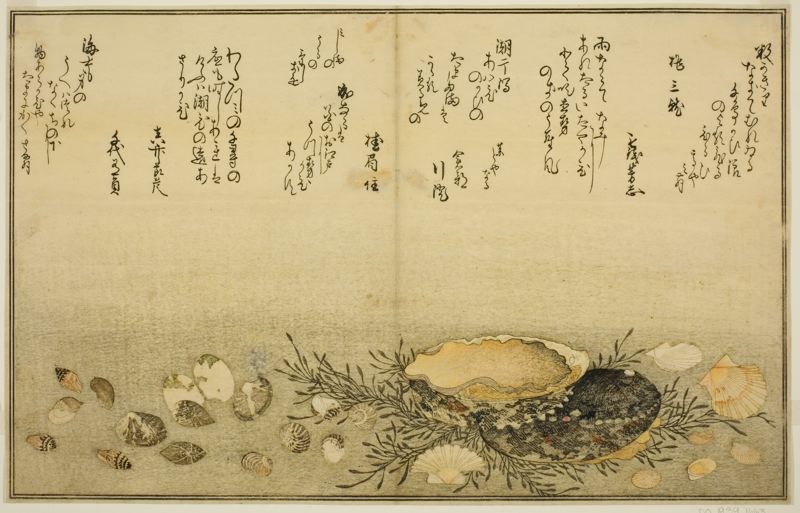
Call for Papers: “Image and Text, or, Image as Text”
Thursday 12th May 2016, University of Westminster, London
The image/text relationship is perhaps one of the most significant fields of current academic study since constructions of text and the image, the modes of reading and seeing dependent on these constructions and the relationships between each of them play an important role in the control of human perception and knowledge, and the limits and constraints that they are based upon. With the telecommunications revolution and changes in popular reading habits the boundaries between image and text are becoming increasingly blurred. This interdisciplinary conference offers a unique opportunity to explore the image/text interaction from a variety of perspectives, including literary studies, visual culture and cultural studies, photography and art history.
Topics might include, but are not limited to: the inclusion of words in Western art or calligraphy and the calligraphic art of the East and Arabic worlds; illustration as readings of writing, e.g. children’s illustration; ekphrasis, or descriptions of images in writing; adaptations of writing in the cinematic or televisual image; illustration, photography and their relationship to scientific writing and the encyclopaedia; non-standard typographic representations in literature.
Although all are welcome and encouraged to come and take part, the conference is mainly targeted at PhD researchers and Early Career Researchers and aims to offer a friendly, inter-disciplinary space for the dissemination of ideas amongst researchers with a shared interest.
Prospective authors are invited to submit a 200-word abstract to suneel.mehmi@my.westminster.ac.uk
The deadline for submission is Friday 8th April 2016. Successful candidates will be selected by the hosting committee.
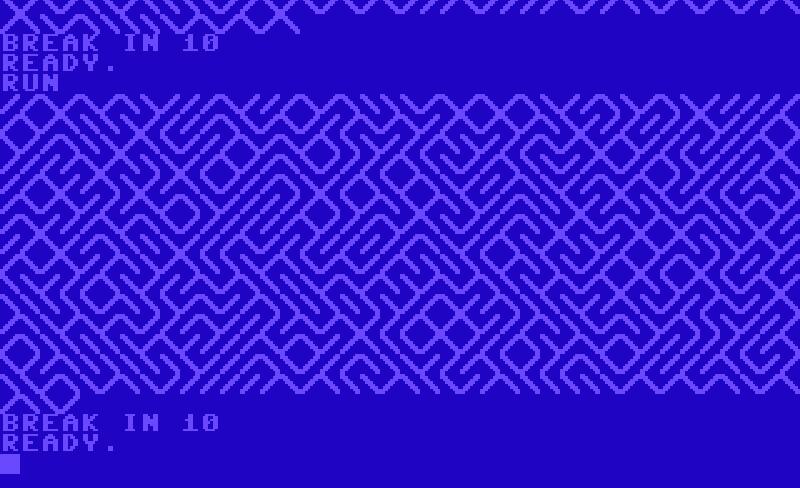
Friday, 12 February 2016, 7pm
Carroll/Fletcher, 56-57 Eastcastle Street, London, W1W 8EQ
Experimental Writing @ Carroll / Fletcher: Nick Montfort with Manfred Mohr
£5; tickets available here
Nick Montfort, a poet and artist working with computer-generated texts, will read from a selection of his works, including #! (Counterpath Press, 2015) and the forthcoming 2×6 (Les Figues, 2016). In addition, he will present some of his recent Commodore 64 visual poems, and discuss code-generated poetry, as well as broader questions of computation, language and creativity.
The reading will be followed by a conversation between Nick, digital art pioneer Manfred Mohr, and writer and academic Matthew Fuller.
This is the first event in the Experimental Writing @ Carroll/Fletcher series. Organised by the Institute for Modern and Contemporary Culture at University of Westminster and Carroll/Fletcher, the series showcases contemporary developments in experimental writing and their relationship to the visual arts.
Nick Montfort develops computational art and poetry, often collaboratively, and works as an Associate Professor of Digital Media at the Massachusetts Institute of Technology (MIT), where he also runs The Trope Tank, a DIY, boundary-transgressing MIT research lab hosting both academic and creative projects. Montfort holds a Ph.D. in Computer and Information Science from the University of Pennsylvania, a Masters in Creative Writing (poetry) from Boston University and a Masters in Media Arts and Sciences from MIT. He has been one of the key figures behind the development of platform studies, critical code studies, and electronic literature. His works have been translated into half a dozen languages and served as a basis for numerous remixes.
#! (Counterpath, 2014; the title is pronounced “shebang”) is Montfort’s latest book, and contains programs and poems. Forthcoming in 2016 is Montfort’s Exploratory Programming for the Arts and Humanities (MIT Press), which continues his long-term project to teach programming as a method of culturally engaged inquiry and making. Also coming in 2016 is 2×6 (Les Figues), a book of computer-generated poems created in collaboration with six others, in English and five other languages.
Manfred Mohr lives and works in NYC. He is a pioneer of digital art and one of the very first artists to produce drawings, paintings and sculptures using a computer. Mohr originally trained as a painter, and has made rigorously minimal, geometric paintings and drawings since the late 1950s, informed by Abstract Expressionism. He has been experimenting with algorithms and formal constraints since the 1960s, developing what he called a ‘programmed aesthetic’ inspired by philosopher Max Bense’s thinking that a ‘clear and logical’ form of art making was possible – and indeed desirable. These first experiments set Mohr on a path that he has followed to this day, despite the art world’s resistance to the idea of the computer as a legitimate art medium.
Selected solo exhibitions include Artificiata II, bitforms, New York (2015); The Algorithm of Manfred Mohr. 1963−now, ZKM – Media Museum, Karlsruhe (2013); one and zero, Carroll / Fletcher, London (2012); Kunsthalle Bremen (2007) and the Musée d’Art Moderne de la ville de Paris (1971). He has exhibited in group shows at prestigious institutions including the National Museum of Modern Art, Tokyo (1984); Museum of Modern Art, New York (1980); and Centre Pompidou, Paris (1978, 1992). His work is held in major international institutions and private collections including the Victoria and Albert Museum, London; Centre Pompidou, Paris; Museum Ludwig, Cologne; Musée d’Art Contemporain, Montreal; and Borusan Art Collection, Istanbul.
Matthew Fuller’s books include ‘Media Ecologies, materialist energies in art and technoculture’, (MIT) ‘Behind the Blip, essays on the culture of software’ and ‘Elephant & Castle’. (both Autonomedia) With Usman Haque, he is co-author of ‘Urban Versioning System v1.0’ (ALNY) and with Andrew Goffey, of ‘Evil Media’. (MIT) Editor of ‘Software Studies, a lexicon’, (MIT) and co-editor of of the Journal Computational Culture, he is involved in a number of projects in art, media and software and is Professor at the Centre for Cultural Studies, Goldsmiths, University of London.
For more information, please contact either Kaja Marczewska at k.marczewska@westminster.ac.uk or Asya Bachelis at asya@carrollfletcher.com
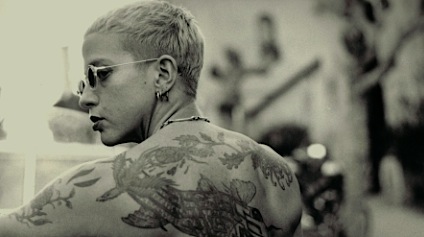
Wednesday 3 February, 5pm
Room 105, University of Westminster, 32-38 Wells Street, London W1T 3UW
‘Writing-Through’: Kathy Acker’s Don Quixote: Which Was a Dream
Georgina Colby (Westminster), with a response by Leigh Wilson
This paper reads Kathy Acker’s Don Quixote: Which Was a Dream as a form of non-procedural ‘writing-through’, a term that has its roots in the procedural practices of John Cage and Jackson Mac Low. In Don Quixote Acker’s experimental practice displaces centralized narrative, to offer a new feminist temporality. Reading the work with attention to Acker’s practice of abstraction, experimentation with translation, paragrammatic play, and the protosemantic, a method of writing-through emerges whereby voice is imbricated with the negation of language.
All welcome and entrance free. Non-Westminster guests can sign in at reception.


The Institute for Modern and Contemporary Culture
University of Westminster Department of English, Linguistics and Cultural Studies
32-38 Wells Street, London W1T 3UW. United Kingdom.
